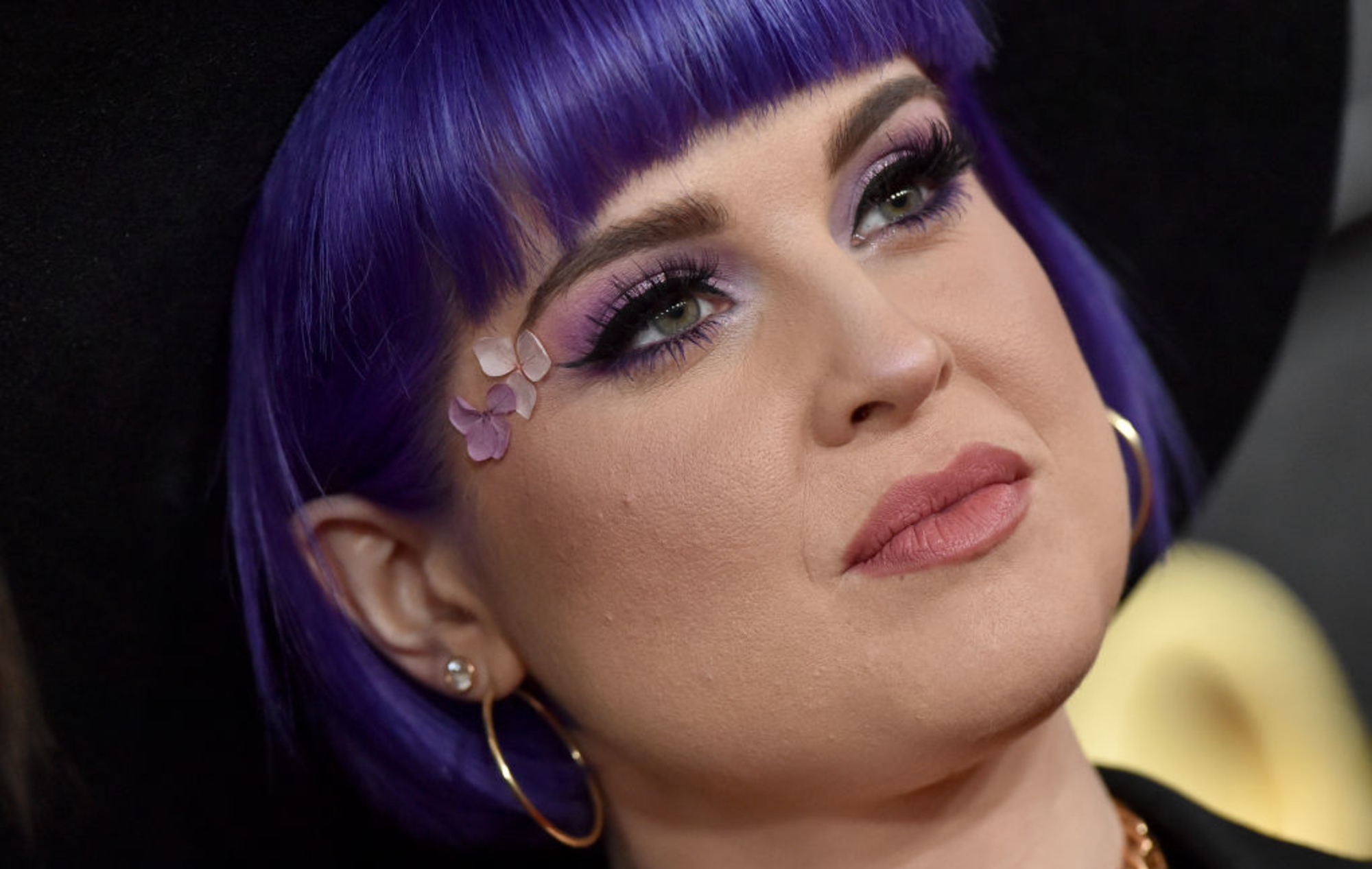
Like brushstrokes on a classical painting or strings on cinema’s moments of high drama, it takes a master’s art, sometimes, to go almost unnoticed. Such a master was Andy Rourke, one-time bassist in The Smiths, who died today following a long battle with pancreatic cancer, aged 59. In a band where two titanic talents intertwined – Morrissey’s vocal tumblings and arch lyrical ennui; Johnny Marr’s virtuoso, weightless guitar work – it took immense skill to mirror, support and underpin Marr’s quicksilver riffs and meanders, every bit as nimble, pacey and adaptable but never forcing his way stage-front and tripping up the song.
Yet, whether echoing the jubilant guitar flow of ‘This Charming Man’, providing atmospheric texture to ‘How Soon Is Now?’ or adding underlying levels of melody to ‘Bigmouth Strikes Again’, ‘William, It Was Really Nothing’ or ‘There Is A Light That Never Goes Out’ – as well as countless other classics – Rourke proved himself a key thread in The Smiths’ rich tapestry and an imaginative, hook-laden bass great up there with McCartney, Kim Deal, Alex James, Peter Hook and Bruce Thomas. Marr has characterised his contribution to the band as “something no other bass player could match”.

Born in Manchester in 1964, and showered with toy musical instruments from an early age – “I went through plastic trumpets, saxophone, keyboard, a bit of everything,” he said in 2016 – Rourke was initially a guitarist, jamming regularly with his school friend from the age of 11, Johnny Marr. When the pair decided to form a band, Rourke took to bass instead, playing in a variety of local bands after he dropped out of school at 15, including Marr’s early-‘80s funk outfit Freak Party.
With the formation of The Smiths in 1982, Rourke joined after their first gig and became the bedrock of the band alongside drummer Mike Joyce. As such, his legend was writ: over four studio albums including a startling self-titled debut album in 1984, their 1986 masterpiece ‘The Queen Is Dead’ (voted the best album ever by NME in 2013) and a superlative swansong in 1987’s ‘Strangeways, Here We Come’, The Smiths would go on to effectively invent indie pop and become accepted amongst the greatest bands of all time.
Rourke’s issues with heroin contributed to him being briefly fired from the band in 1986, but it was other artistic and managerial problems which saw the band split in 1987. Rourke would continue to play with Morrissey on his early solo singles ‘Piccadilly Palare’, ‘Interesting Drug’, ‘November Spawned A Monster’ and ‘The Last Of The Famous International Playboys’, and wrote the music to a number of their B-sides: ‘Yes, I am Blind’, ‘Girl Least Likely To’ and ‘Get Off The Stage’. He also played on Sinead O’Connor’s acclaimed second album ‘I Do Not Want What I Haven’t Got’ and would go on to play with the likes of The Pretenders, Killing Joke, Badly Drawn Boy and Ian Brown.

In recent decades, befitting his standing and respect, Rourke joined several supergroups. He played with Joyce, Craig Gannon (who had also briefly played bass with The Smiths) and ex-Oasis guitarist Bonehead in Moondog One and, in 2007, formed Freebass with Peter Hook and The Stone Roses’ Mani. Having moved to New York in 2009, where he often performed as part of the DJ duo Jetlag and hosted a radio show on East Village Radio, he also formed a band called D.A.R.K. with The Cranberries’ Dolores O’Riordan. In 2006, he reunited with Marr onstage for one song at the Manchester v Cancer shows he had helped organise to benefit cancer research.
Rourke’s post-Smiths journey undoubtedly had downsides – his high-profile lawsuit against Morrissey and Marr over royalties during the ‘90s earned him an out-of-court settlement of £83,000, but didn’t prevent him going bankrupt in 1999 – but it’s his dazzling musical contributions that will go down in history.
“Andy reinvented what it is to be a bass guitar player,” said Marr. “Watching him play those dazzling basslines was an absolute privilege and genuinely something to behold. We maintained our friendship over the years, no matter where we were or what was happening… Well done Andy. We’ll miss you brother.”
The post Andy Rourke, 1964 – 2023: The Smiths bassist was a key thread in their rich tapestry appeared first on NME.






